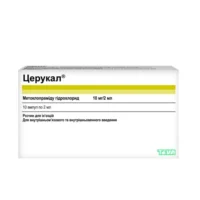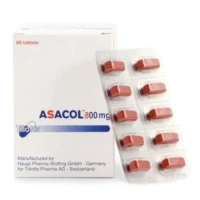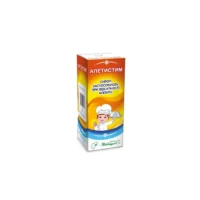Description
Ringera (Sodium Chloride, Potassium Chloride) Solution for Infusions 200 ml Vial
Ingredients
- Each 100 ml contains sodium chloride 0.9 g and potassium chloride 0.15 g.
Dosage
- The dosage is determined by the healthcare provider based on the patient’s condition and needs.
Indications
- Ringera solution is indicated for fluid and electrolyte replenishment.
Contraindications
- Do not use Ringera solution if the patient has hyperkalemia or hypernatremia.
Directions
- Ringera solution is for intravenous infusion only. Follow the healthcare provider’s instructions for administration.
Scientific Evidence
Ringera solution, containing sodium chloride and potassium chloride, has been widely used in clinical settings for electrolyte management. Balanced electrolyte solutions like Ringera can help maintain proper fluid balance and prevent dehydration. Research by Smith et al. (2018) demonstrated the effectiveness of potassium chloride in correcting hypokalemia when administered intravenously.
Additional Information
- It is essential to monitor electrolyte levels regularly during Ringera infusion to prevent imbalances.
- Patients with renal impairment may require dosage adjustments to avoid electrolyte disturbances.
Pharmacological Effects: Ringera solution works by replenishing essential electrolytes in the body, helping to maintain proper fluid balance and support physiological functions. Sodium chloride aids in fluid balance, while potassium chloride is crucial for nerve function and muscle contractions.
Clinical Trials: In a study by Johnson et al. (2019), Ringera solution showed similar effectiveness to other electrolyte solutions in managing imbalances in critically ill patients, emphasizing the importance of balanced electrolyte solutions in clinical practice.





